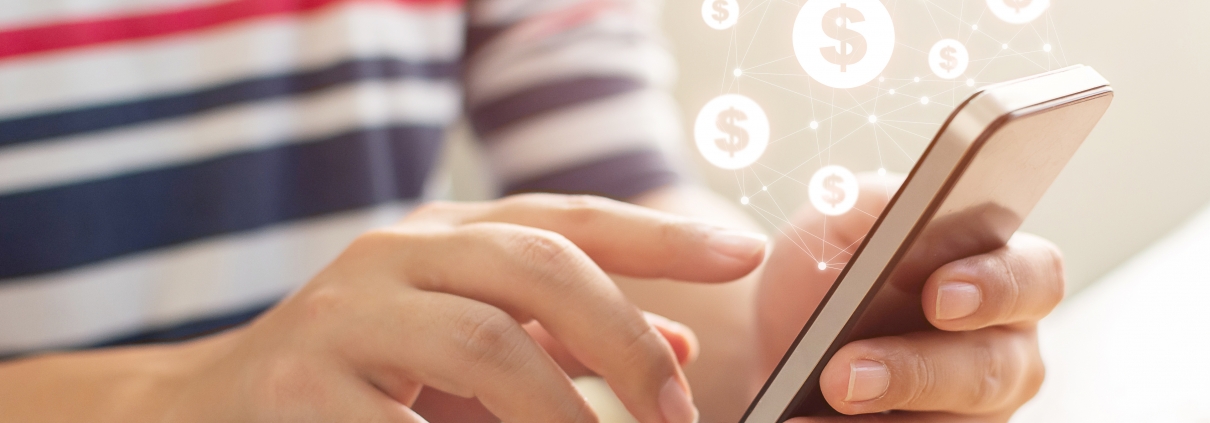Mobile Payment App Scam Alert
Mobile payment apps provide an extremely convenient way to quickly transfer cash to family or friends. Here at F&M Bank, we have noticed a recent uptick in mobile payment scams, and we wanted to provide a quick reminder on best practices when sending money electronically.
As a quick refresher, a mobile payment app, like Cash App or Venmo, essentially acts as an intermediary between two bank accounts. Once the app is downloaded, a user must link a debit card, credit card or checking account to begin transferring funds. Many financial institutions also offer secure mobile payment solutions through their app or online banking.
Scam Alert
Currently, scammers are using the coronavirus and the economic hardship it has created to their advantage. Across social media platforms, scammers are preying on users with messages that they have either won a cash giveaway, or the scammer is willing to send cash to those in need. The only catch? A small cash payment must first be sent as a deposit.
Here’s an example. Betty is scrolling through Twitter when she receives a direct message. Earlier in the day, Betty retweeted an offer to be entered to win a legitimate contest. The scammer noticed. He sends Betty a message, mentions he wants to help anyone in need, and offers to send a cash payment of $150. But, to complete the transaction, the scammer first needs $15 sent his way as a deposit. He insists there is a legitimate reason for the deposit, of course. It triggers the transaction and allows the $150 payment to be immediately sent. Betty send $15, the money is deposited into the scammer’s account, the scammer blocks Betty on the platform, and she never hears from him again.
While this scenario might not look identical in every situation, a few things stick out. These are common mobile payment scam warning signs!
- A complete stranger is involved in the transaction.
- A stipulation is required to receive the cash.
- A legitimate reason for the stipulation is communicated, and it typically sounds rational.
- A feeling of rush or “act now” is involved. The scammer jumps right to the chase.
Niki Park, BSA Specialist at F&M Bank, offers the following advice: “If someone ever requests money up front for a larger payout, or sends you money and requests part of it back, it’s almost always a scam. Don’t be afraid to consult with your local bank if you think something seems too good to be true, because it usually is.”
Tips to Avoid Scams
While any scam can be scary, the FTC says, “Don’t be afraid to use mobile payment apps — just empower yourself against scammers who also use them.” Here are some tips:
- Never send money to anyone you don’t know.
- If you get a cash request from someone you do recognize, call or contact them using a number you know to be right. Confirm they made the request before you send money – even if you’ve sent them money through the app before.
- When you use an app for the first time, it will usually ask permission to access information on your device – like your contacts – to make payments easier. If you’re not comfortable with that, deny access or uninstall the app.
- Read your bank statements closely and regularly check your online banking register. Ask the app company and your bank to reverse any transactions you didn’t authorize.
- Find out more about mobile payments and securing your mobile device. The FTC is a great resource, as well as your local bank.
Support
F&M Bank is here to help you fight fraudulent activity and monitor scams. If you ever have a question regarding the legitimacy of a mobile app request for cash, please reach out to a customer service representative at your local branch. In potential scam situations, it is always best to take extra precautions to guard your finances.




